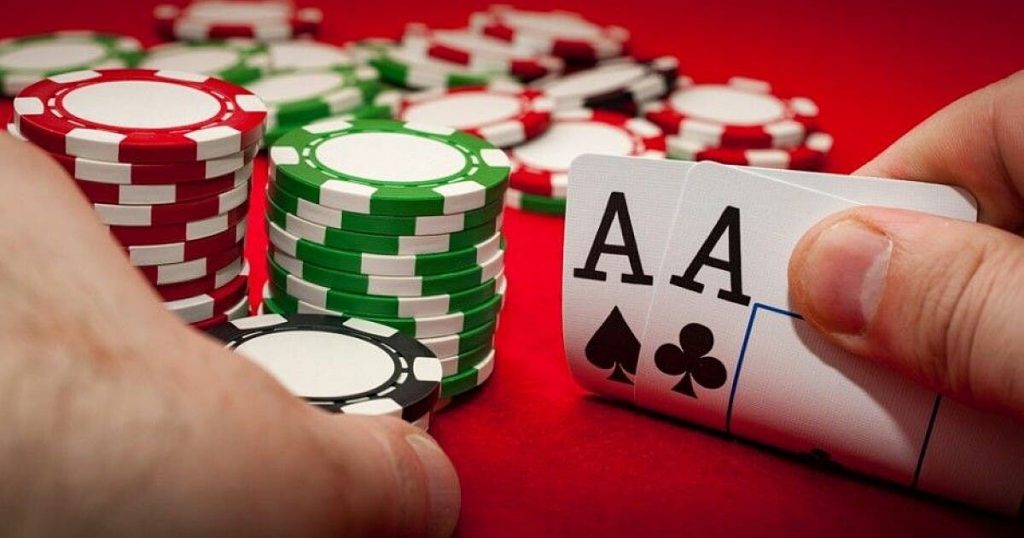
Mastering the Game: A Beginner’s Guide to Poker
The world of poker, with its bluffs, strategies, and tell-tale signs, is an enticing arena for many. Whether you’re aiming to be the next poker champion or just looking for some friendly competition on game nights, understanding the basics is crucial.
This guide is crafted to introduce newcomers to the intricate rules, strategies, and nuances of poker, setting a foundation upon which you can build your game expertise. Dive in and let the cards be in your favor!
Understanding the Basics
The Deck & The Hands
A standard poker game uses a 52-card deck. The primary goal is to have the best hand or to convince others you do. Hands range from the simple pair (two cards of the same rank) to the illustrious royal flush (Ace, King, Queen, Jack, and 10, all of the same suit).
Positions & Gameplay
The dealer position rotates among players. To the dealer’s left is the small blind, and next is the big blind. These positions are integral for betting procedures. Gameplay involves rounds of betting, with players either calling, raising, or folding their cards.
Strategies to Elevate Your Game
While poker rules can be learned quickly, mastering strategy takes time. Observing opponents, calculating risks, and timely bluffing are vital. Beginners often make the mistake of playing too many hands; it’s essential to know when to fold and when to play.
Remember, poker is as much a game of psychology as it is of cards. Reading your opponents, understanding their gameplay, and using it to your advantage can set you apart.

Decoding the ‘Poker Face’
The term ‘poker face’ has transcended beyond the game and entered common parlance, symbolizing a neutral, unreadable expression. In poker, masking your emotions is vital. Any hint of excitement or disappointment can give away your hand to keen-eyed opponents. Perfecting your poker face is a mix of practice, confidence, and sometimes, a bit of acting.
Mistakes to Avoid
Beginners often fall into predictable traps. Overconfidence after a few initial wins, or the refusal to fold a losing hand, can cost you dearly. It’s also common for newcomers to misread their hand or misunderstand the table dynamics. The key is to remain patient, observant, and always be willing to learn.
Joining local poker groups, watching professional matches, or even playing online can offer insights and sharpen your skills. Remember, every poker champion started as a beginner once.
Latest News
-
Mastering Craps: A Winning Guide for Begin...
Craps is a dice game typically played on a specially-designed table. The game involves one player, the …

-
Exploring stud poker: A timeless card game...
Delve into the world of Stud Poker, a variant that has intrigued and challenged players globally for …

-
Biggest Wins at the Casino
Casinos, both physical and virtual, have always been synonymous with the possibility of sudden, life-changing fortunes. This …

